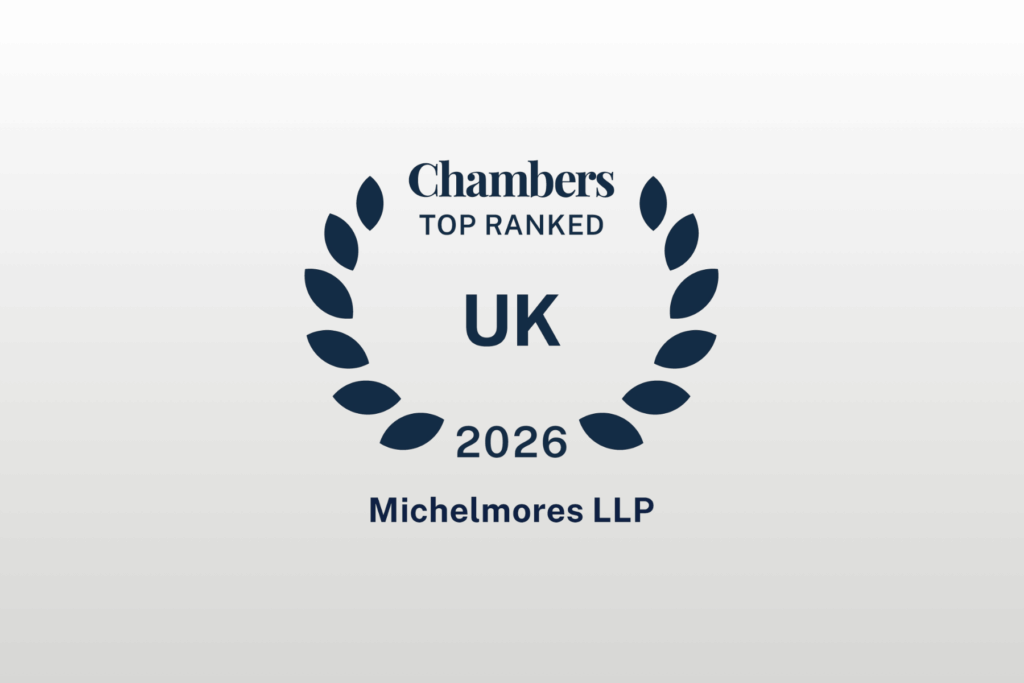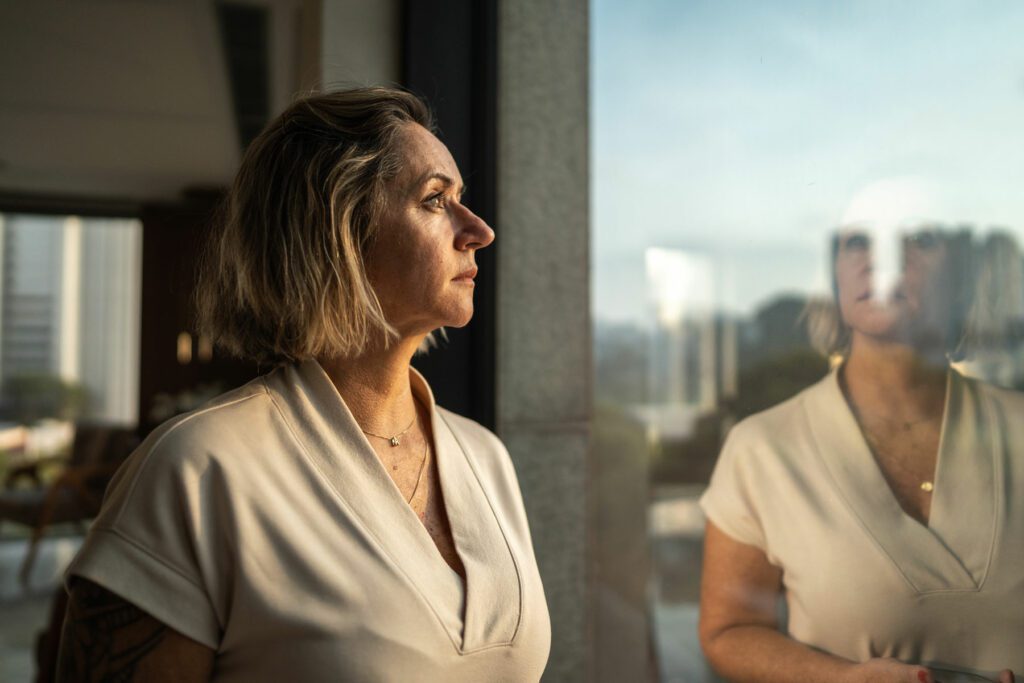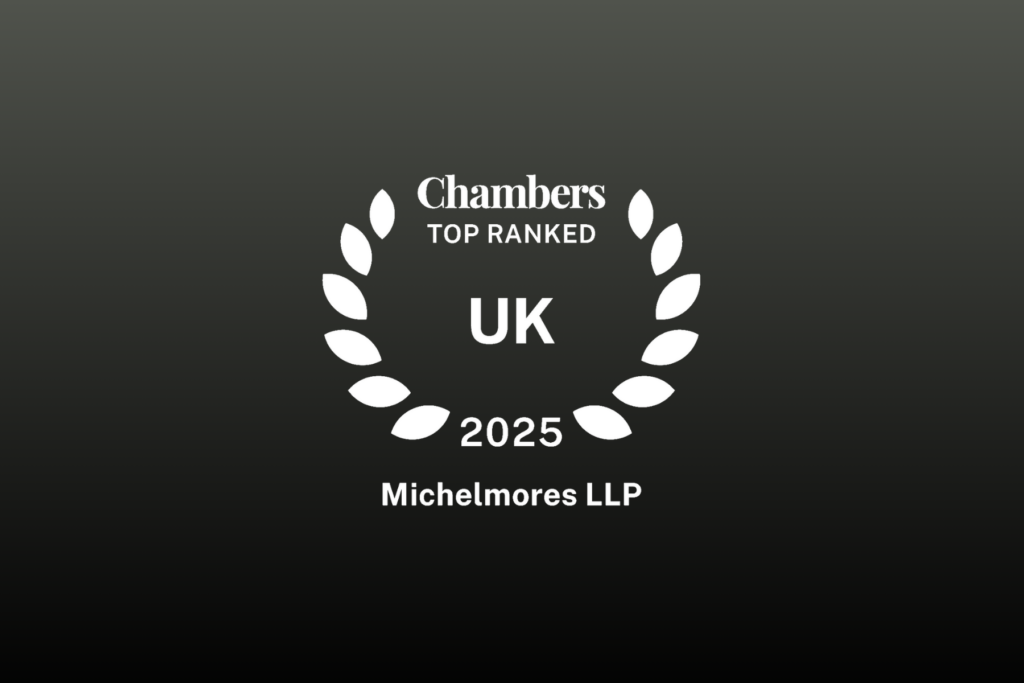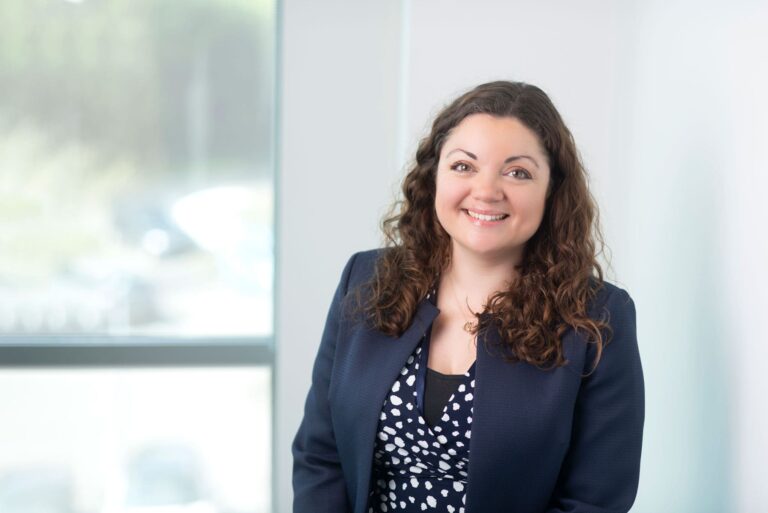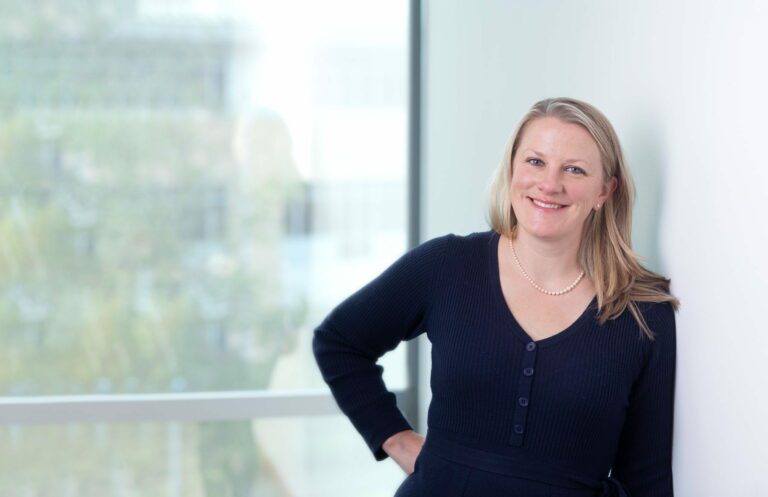The team have such a vast level of experience and knowledge.
The excellent support staff are always available and incredibly helpful.
Michelmores are very sensible in their advice and they act really well for their clients.
The aim of collaborative law is to constructively resolve family disputes together, without having to go to Court.
In the collaborative family law process, each person instructs their own lawyer (who is collaboratively-trained) and both parties and their lawyers meet together to discuss and agree matters face to face.
Each of you will have your lawyer by your side throughout the entire process and therefore you benefit from legal advice as you go. The presence of your solicitor throughout the process means that you have the security of on-hand legal expertise, should you need it.
At the outset of the process, both parties commit to resolving the issues without going to Court. If the process breaks down then you have to begin again, using a different process and instructing new solicitors.
If collaborative law is the right approach for you, then it can be hugely effective, dynamic, quick, empowering and flexible. We have a team of trained collaborative lawyers and the innovative approach in working together makes collaborative law an attractive option for many of our clients.
How does the collaborative law process work?
Each party chooses a collaboratively-trained lawyer to represent them and the lawyers will assess whether the collaborative approach is the right one for the parties involved. For the process to be successful, parties need to have a genuine wish to find a solution that is fair, and be willing to be open about their financial circumstances and be committed to reaching an agreement through the process.
The collaborative approach allows for the real concerns of clients to be heard and addressed in a way that is not possible in the traditional Court process.
Once it has been decided that the collaborative approach is the way forward, you will meet with your lawyer to talk about what to expect from the process. A “four way” meeting is arranged between the parties and their respective lawyers. An agenda of issues the parties feel are important can be agreed and drawn up in advance and worked through during a series of meetings, which may also involve other professionals (if you have chosen to involve them).
What are the benefits of the collaborative law process
The collaborative process is designed to reduce any hostility between parties and to provide a platform to discuss and resolve disputes in a way which enables the parties involved to retain control over the decision-making and the outcome.
The process is about encouraging both parties to see one another’s point of view and helping them to rediscover common ground. It is designed to give the clients the control to make their own decisions and to reach the best long-term resolution for the family.
The agreement to resolve matters without going to court (and having to change legal teams if the process breaks down) allows you the freedom to be open and transparent in your negotiations without the fear that your ex-partner and their lawyer will try to use what you say within court proceedings.
Who else do we work with in the collaborative process?
Depending on the circumstances, it may be suitable for the process to also involve working with other professionals, who form your “collaborative team”. This may include an independent financial advisor, accountant family consultant, child specialist, therapist, counsellor or divorce coach. The benefit of having different professionals involved is that they can provide you with specialist help tailored to the individual needs of your family, including financial matters, coparenting, communication and emotional support.
How long does the collaborative law process take?
The process is designed to be flexible enough to fit around the parties’ other commitments that allows them to work at their own pace. The number of meetings required will depend on what needs to be resolved and on how productive discussions are. How long it takes to discuss and agree will vary from case to case and depends on the people involved.
On average, agreement/resolution is reached in around four to five sessions, lasting approximately one and a half, to two hours each.
Following agreement, time will be spent drafting the required legal documentation confirming the agreement, and arrangements will need to be made for this to be implemented and obviously the implementation of any agreement.
What will the collaborative law process cost?
The cost will depend on a number of varying factors, such as the seniority of the lawyer representing you, the area of the country in which you live and, of course, how long the process takes to reach resolution.
What if I do not want my lawyer to disclose everything at the collaborative meetings that I have told them?
Being open and honest are the key two foundation stones for the success of the collaborative approach.
Therefore, in order for the process to work, the parties need to understand and accept from the outset that for their lawyers to work together to the best effect, they must be able to share information freely with one another.
Consequently, it is important that your lawyer is able to disclose the open and true position. The ethos behind the collaborative process does not lend itself to using ‘tactics’ in negotiation.
What happens if the collaborative meetings get emotional?
Given the nature of these meetings, it is natural that people may find it an emotional process. How this is dealt with will depend on the cause of the upset. Sometimes a break is all that is needed to refocus. Sometimes it will be necessary for the meeting to be concluded and for a new date to be arranged to continue. Sometimes, it may be an opportunity to involve another professional, such as a therapist, who can help parties work through some of the issues that they are experiencing.
Collaborative lawyers are trained to deal with such events and will endeavour to work closely with the parties to resolve any obstacles that arise during the process.

